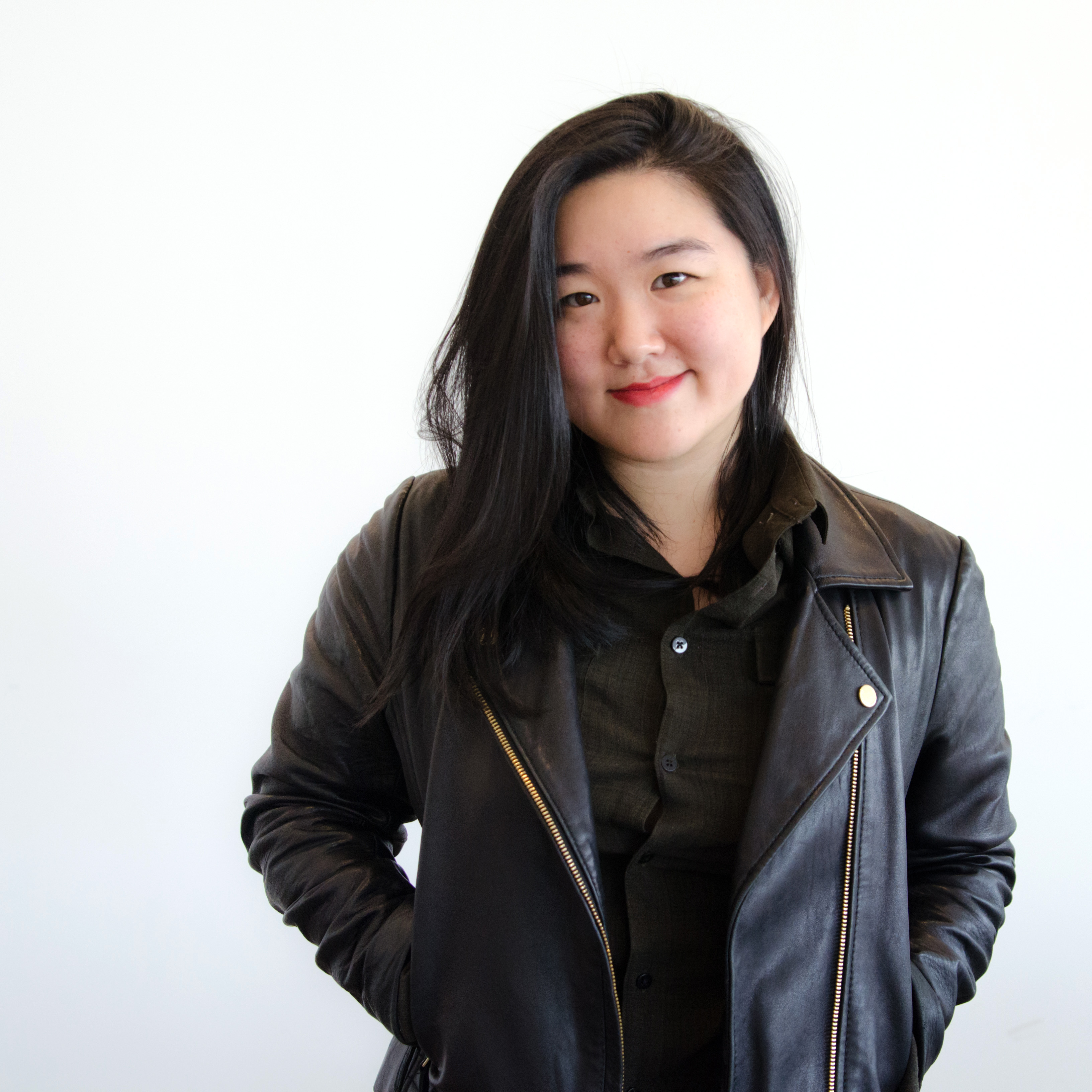Hi there! I'm Emily.
tl;dr: I work on understanding and mitigating computing's role in individual, interpersonal, and societal harms. This is often known as `digital safety' or `responsible and trustworthy computing'. I use theories of social responsibility (e.g., care, participation, cooperativism) to reimagine how we design, build, and govern data-driven systems, and create and test alternatives in deep collaborations with affected communities. You might know me from my work on tech-mediated intimate partner violence (IPV), worker well-being technologies, or community-collaborative approaches to computing (at CSCW and FAccT). Most recently, I've been thinking about how to help digital-safety researchers and AI red-teamers with the traumas incurred in our work, and how journalists might form cooperatives to build and maintain a journalist-controlled AI.
contact me:
Via email at emtseng at uw dot edu. Note UW is a public institution.
Via Twitter @emtseng.
Via Bluesky @emtseng.bsky.social.

what am I up to? I'm currently a postdoctoral researcher at Microsoft Research. I'm based between the NYC and New England offices, where I'm very lucky to work with the Social Media Collective. In the 2025-26 academic year, I'll start a tenure-track position at the University of Washington in Seattle, in the department of Human-Centered Design and Engineering. This all comes after earning my Ph.D. in Information Science at Cornell University, based in NYC at Cornell Tech.
longer version: I work at the intersection of human-computer interaction (HCI) and computer security and privacy (S&P) to measure and mitigate digital technologies' role in harm: how platforms, devices, and algorithms are increasingly weaponized to control and harass the most vulnerable among us. I focus on high-stakes and real-world contexts where technology is central to people's experiences of vulnerability, and where power dynamics make it difficult for individuals to overcome the harms they face. My research style involves partnering with affected communities to build and evaluate experimental systems improving their safety and well-being. Through this practice, I develop transferable principles for responsible computing.
I publish at top-tier venues in HCI and social computing (ACM CHI, CSCW) and S&P (USENIX Security, IEEE Symposium on Security and Privacy). Together with my amazing collaborators, students and mentors, I have earned 3 Best Paper Awards (top 1%), 1 Honorable Mention (top 5%), and third place in the 2020 Internet Defense Prize, as well as fellowships from Microsoft Research, Cornell IS, the Consortium for the Science of Sociotechnical Systems, and Rising Stars in EECS. Our work has additionally been published in JAMA, a top-tier medical journal, and appeared at highly selective privacy conferences, including the Privacy Law Scholars Conference and the Reidenberg Northeast Privacy Scholars Workshop.
In addition to advancing scholarly conversations around computing and design, my work centers real-world impact. I am part of the team building the Clinic to End Tech Abuse (CETA), where my work has helped provide survivors of tech-enabled intimate partner violence with volunteer security and privacy support. CETA has served hundreds of survivors in the New York City area since 2018, and earned accolades from the New York City Mayor's Office to End Gender-Based Violence. I still operate as a scientist-advocate with CETA, and regularly see clients in addition to my research. With CETA, I have consulted on U.S. Senate legislation establishing legal protections for IPV survivors, resulting in the Safe Connections Act, signed into law in 2022. I have also been invited to share my work in industry, via talks at Microsoft, Meta, and Google.
Before this, I earned a B.A. from Princeton University in Ecology and Evolutionary Biology (EEB), a field-leading department in computational approaches to understanding the biological and social worlds. I focused on the epidemiology and control of infectious disease epidemics, and my undergraduate thesis earned the department's top prize in mathematical modeling. I also earned an M.S. from Cornell Tech in Health Tech, where I added graduate-level education in machine learning and HCI to my toolkit. In previous lives I made radio, print and multimedia journalism and ran early-stage product development at a consumer health tech startup. I've also worked as a healthcare consultant in the U.S. and taught software engineering.